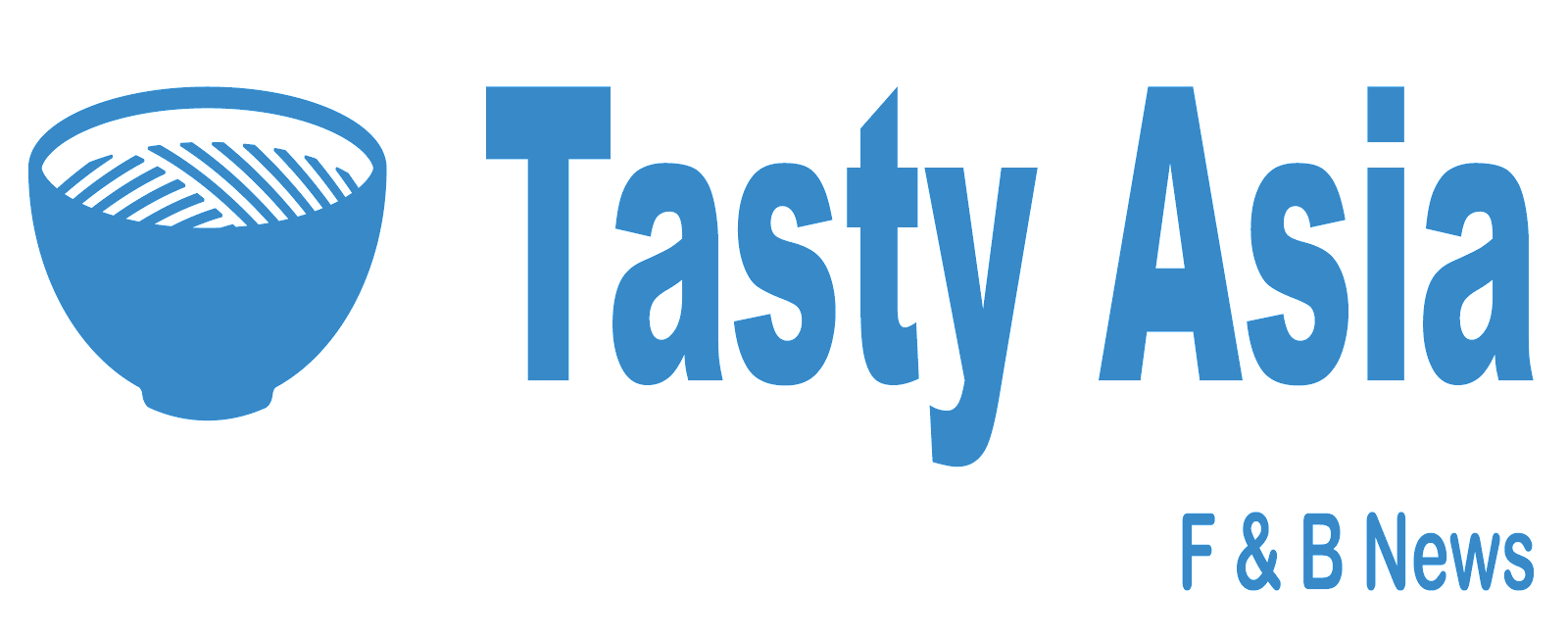2022 has started with a fresh round of F&B-related acquisitions and expansions around the region. UK-based Asian food delivery platform HungryPanda said it acquired EASI and BUY@HOME. Both are delivery platforms in Australia and New Zealand, respectively.
These latest acquisitions will help the UK company improve its operations and consumer experience by widening its network of authentic Asian restaurants. Coming on the back of the company's successful US$130m fundraising in December 2021, these transactions now position the business to “strongly capture” the huge overseas Asian food delivery market globally.
Founder and CEO of HungryPanda, Kelu Liu, said these acquisitions are an essential milestone to extend the company's food delivery platform overseas.
Meanwhile, the US burger brand Shake Shack and its licensee in Asia, the SPC Group, plans to open ten branches in Malaysia by 2031. This new initiative will increase the total number of contracted Shake Shacks with SPC Group to 45 by 2031. SPC Group is a global food company based in South Korea with 30 brands and over 7,000 stores worldwide.
The SPC Group and Shake Shack have established a successful long-time partnership, bringing 28 Shacks to Korea and Singapore over the past five years. Hee Soo Hur, vice-president of SPC Group Korea, said the company is "eager to deepen the relationship,” with the additional branch openings in Malaysia.
Lastly, a new agreement promises to feed the booming consumer demand in South Korea for plant-based foods. Daiya Foods, a North American dairy-free cheese brand, forged a sales and distribution partnership with Korean company Hyundai Green Food.
Under the new agreement, Hyundai will lead the sales and distribution of Daiya's premium plant-based foods, including over 15 dairy-free formats.
South Korea's vegan market continues to expand. In 2020, the Korea Vegetarian Union (KVU) reported that about 500,000 strict vegans live in South Korea, and about 1.5 million people pursue similar plant-based diets. KVU estimates that there may be as many as 10 million flexitarians in the country, representing nearly 20% of South Korea's total population. (Compiled by Kristy Tan)
Image from Unsplash


Post a Comment